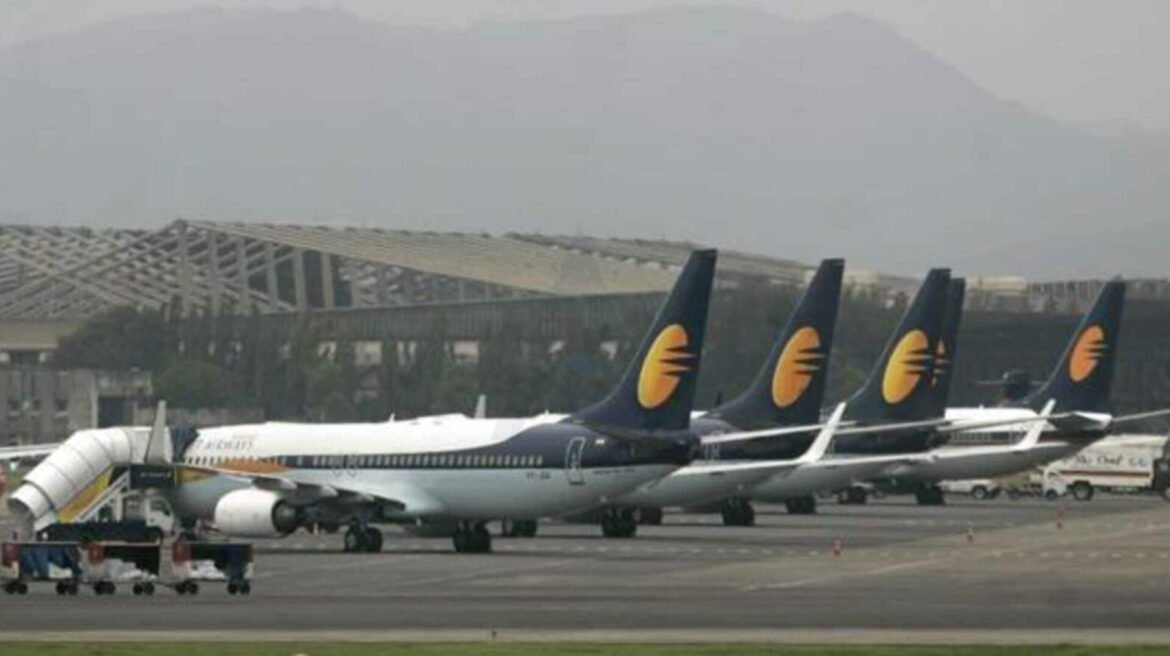The Cape Town Convention on International Interests in Mobile Equipment has become a focal point amid the insolvencies of two prominent Indian airlines, Jet Airways and Go First. Both cases illustrate how this international treaty, designed to safeguard the rights of aircraft lessors, plays a pivotal role in asset recovery and repossession when airlines face financial difficulties. Signed by over 80 countries, including India, the convention was created to protect lessors and financiers by establishing a standardized framework for repossession of aircraft and other mobile equipment if a lessee defaults or declares bankruptcy.
For the aviation sector, this treaty is especially crucial because leasing is a common practice. Most airlines, particularly those operating in competitive and high-demand markets like India, rely heavily on leased aircraft to expand or adjust their fleets without requiring large capital investments. Lessors, in turn, depend on the Cape Town Convention to ensure that they can reclaim their assets quickly and reassign them if an airline’s financial health deteriorates. In theory, this makes leasing more attractive in emerging and potentially risky markets, as the convention offers legal assurances for asset recovery.
When Jet Airways, once one of India’s leading airlines, suspended operations in 2019, the Cape Town Convention faced an early test within the Indian legal landscape. Jet Airways defaulted on payments, leading several of its lessors to invoke the convention and attempt to repossess their aircraft. However, the process encountered significant delays, revealing gaps between the convention’s intended protections and its actual enforcement in India. Indian courts were initially reluctant to prioritize repossession, partly due to concerns about the social and economic consequences for employees, creditors, and other stakeholders involved in the insolvency proceedings. These delays frustrated lessors, who faced unexpected hurdles in securing their assets.
In 2023, Go First, previously known as GoAir, filed for insolvency under similarly challenging conditions, this time citing operational disruptions caused by engine supply issues. As with Jet Airways, lessors attempted to use the Cape Town Convention to recover their aircraft. However, they once again encountered legal obstacles, including requests for extended hearings and additional reviews. Although the convention should facilitate asset recovery within a streamlined, legally recognized process, lessors found themselves embroiled in lengthy disputes that prevented them from quickly reclaiming and re-leasing their planes.
Both the Jet Airways and Go First cases underscore the challenges faced by lessors in India despite the country’s ratification of the Cape Town Convention. While the convention is meant to assure lessors of timely repossession, practical limitations within India’s legal and regulatory framework often delay these rights. Such cases illustrate the complex dynamics between international legal frameworks and local enforcement mechanisms. The Cape Town Convention was intended to foster smoother recovery processes, yet the experiences of lessors in India suggest a need for enhanced compliance with its guidelines.
For the Indian aviation sector, these insolvency cases may have broader implications. If international lessors perceive India as a high-risk market due to procedural delays in repossession, they may demand higher leasing fees or stricter conditions, potentially raising operational costs for Indian airlines. Improving enforcement of the Cape Town Convention could therefore be essential not only for protecting lessors but also for ensuring the availability and affordability of leased aircraft in India. Given the rapid growth and high demand in the Indian aviation market, streamlining these processes could strengthen India’s appeal to global lessors and financiers. As the aviation industry evolves and airlines continue to rely on leased fleets, addressing these gaps between the convention’s intent and actual practice may be crucial to supporting a resilient and competitive aviation landscape in India.

